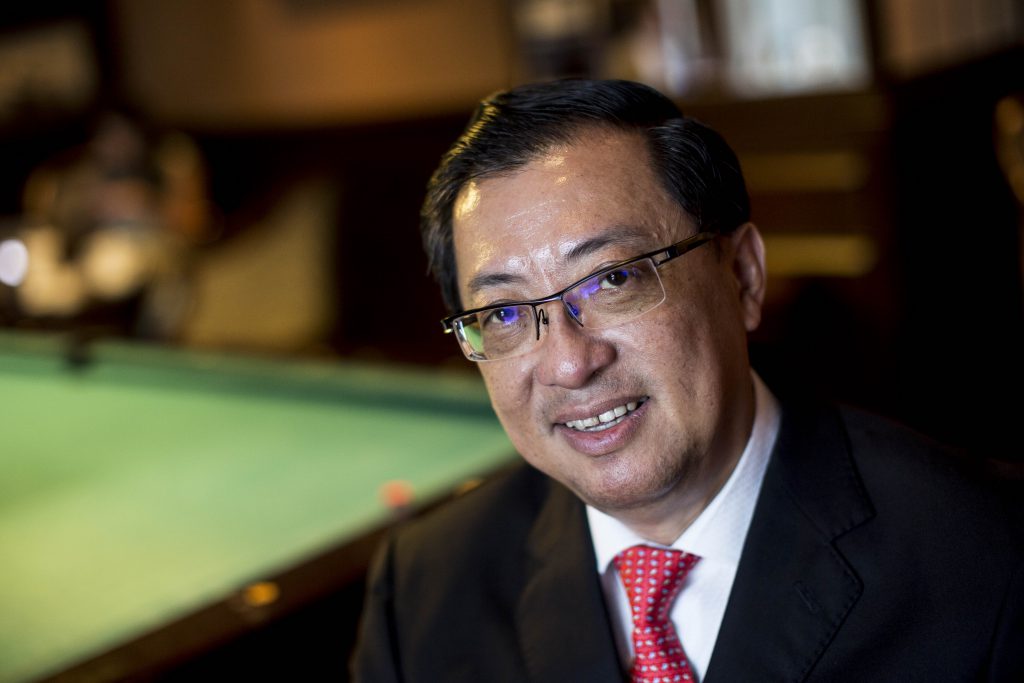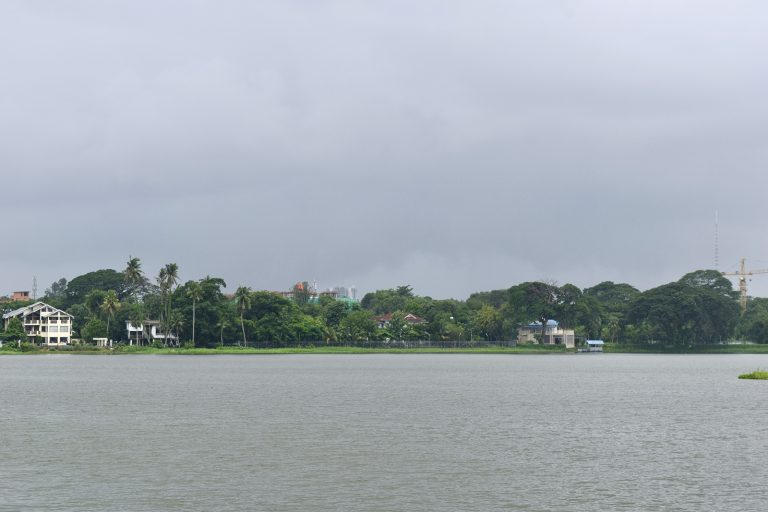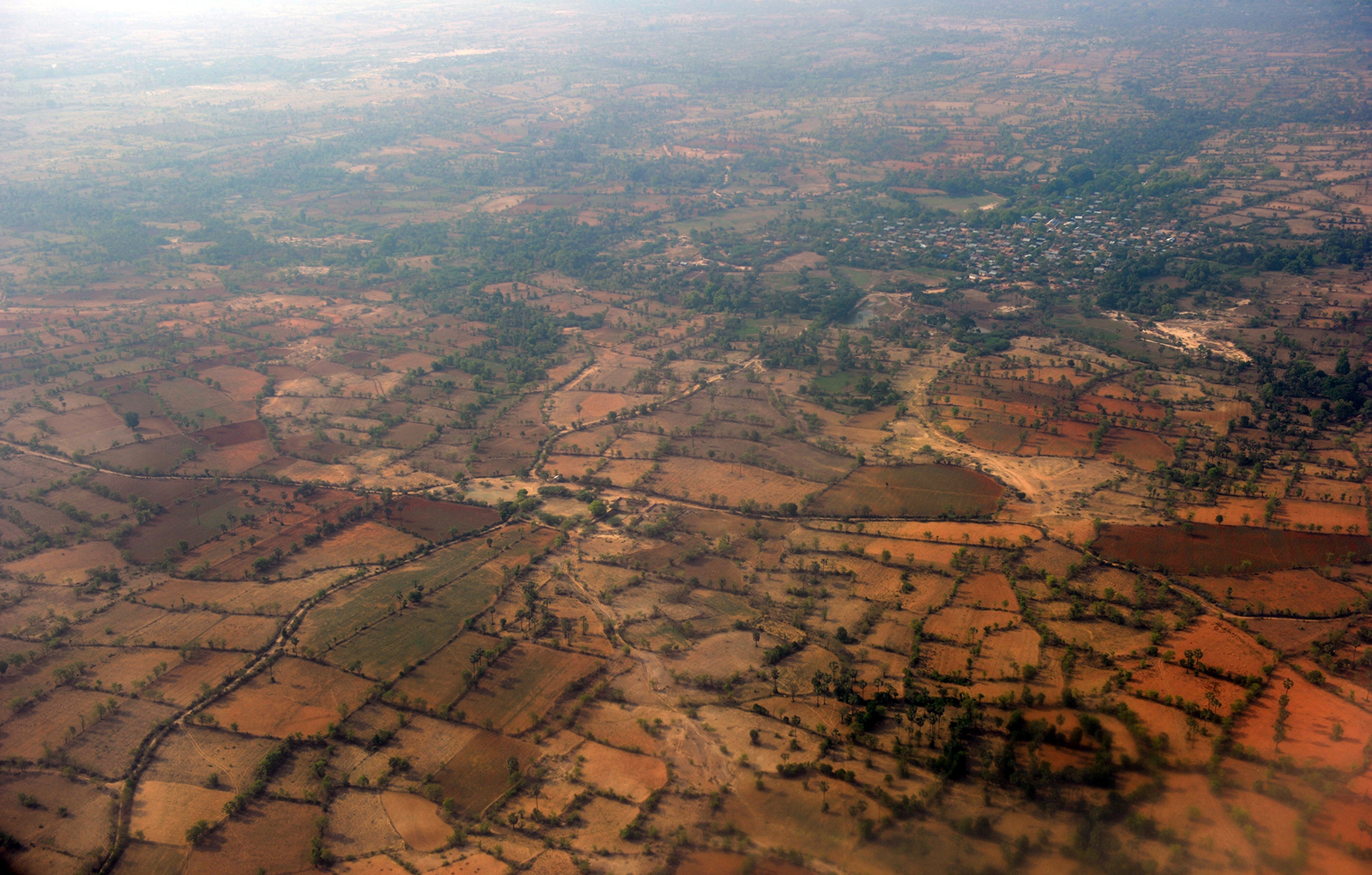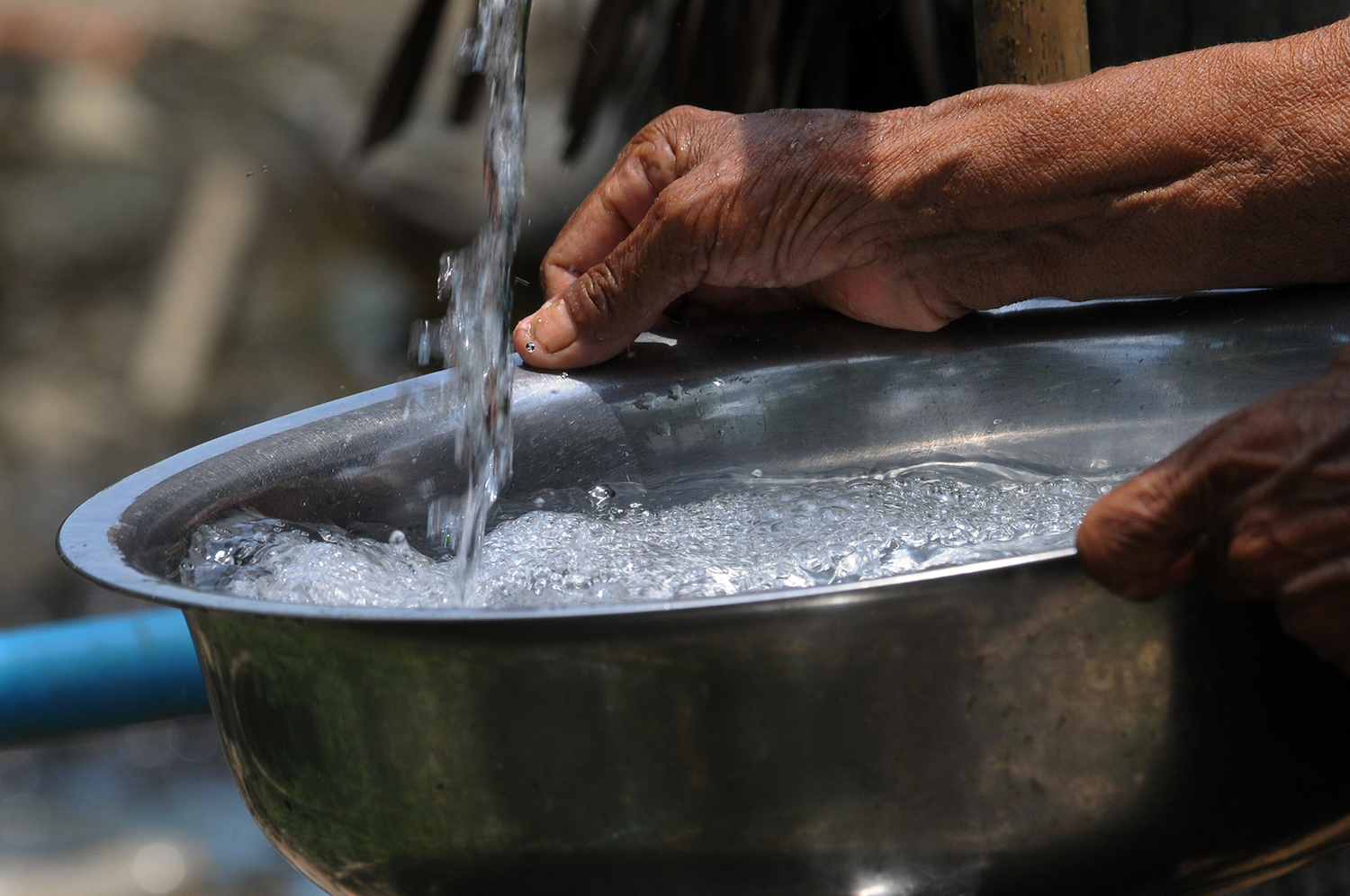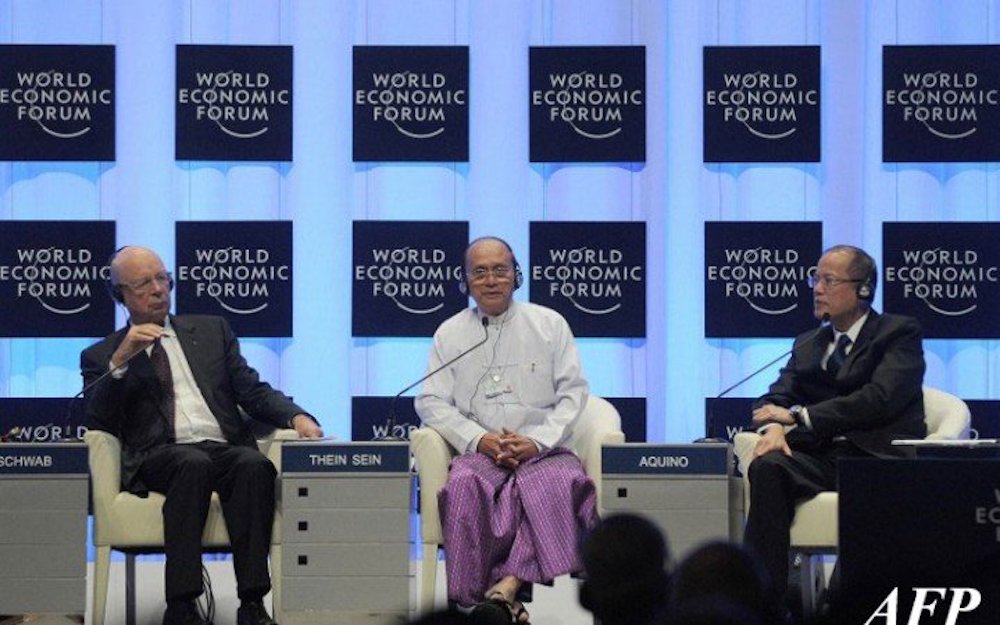
Wong Heang Fine, group CEO of Surbana. Photo by Ann Wang
Singapore’s transition from backwater to global city has made it the envy of the developing world and Surbana Jurong Pte Ltd. has been a prominent ambassador of the city-state’s model abroad. The company has roots in Singapore’s Housing Development Board, which developed the city-state’s enviable public housing program, and JTC Corporation, which helped to turn the country into an industrial powerhouse.
Surbana Jurong exports its expertise to eager governments around the world, including Myanmar. Frontier asked Surbana Jurong CEO Wong Heang Fine about the company’s role in Myanmar’s urban and industrial renaissance.
Can you provide an overview of Surbana’s projects in Myanmar?
Over the last two and a half years, we have progressed very rapidly. Now we have 39 projects in Myanmar, across the spectrum. We are extending the existing airport and engineering and designing the new airport. We are engineering the new aquarium in Yangon, [have developed] some townships, and do facility management.
Surbana has its roots in Singapore’s Housing Development Board. How do you apply the Singapore ‘master planning’ model to a country such as Myanmar?
In the first place, when we do master planning, we have to first understand the culture and habits and the likes and dislikes of the population. Over 50 years, we have done extremely well. If you go to housing estates [in Singapore], you will see how well we planned community services, like libraries and hawker centres.
But it’s not just about taking the design and plonking [applying] it here: we have to make it more relevant. I’m not just talking about Myanmar: we have done similar townships in China and India, and we are in nine countries in Africa. We have demonstrated an ability to take our skill set and apply it to different cultural regions.
Singapore put a priority on housing. Its compulsory savings scheme, the Central Provident Fund, has put low-cost housing within reach of most citizens. There’s no such scheme in Myanmar, so at what level will people be able to access low-cost housing?
I think we look at it differently. When we first started 50 years ago, we were at a worse position than any of the cities we are currently working in, including Yangon, because we started with nothing. We didn’t even have an economy. If [Singapore’s development] were a 400 metre race, we’d have been 200 metres behind the starting line.
So the decisions are really what matters for our citizens, and what matters to us. We need to take a holistic view. [In Singapore], the vision was that everyone should own their own home. In hindsight, we were highly successful, but when we started, that wasn’t so sure.
We have been successful because it wasn’t just about housing – we looked at the economy, and went out and were aggressive to attract investment. We realised that if [citizens] don’t earn enough, the government doesn’t have the resources to go subsidise [housing]. So we started with economic development and industrialisation – and so is Yangon.
If you look at [Myanmar] today, they have ten times the population of Singapore. A lot of them are young and highly educated, and have a similar Asian culture. All they have to do is intensify that process of attracting labour-intensive industries.
The price for the low-cost housing Surbana has planned in Yangon’s outer eastern Dagon Seikkan Township has been set by the government at about $20,000 (K23.3 million) a unit? Isn’t that too expensive for the target market?
You just can’t look at the unit cost of the housing. You have to look at the entire scheme that they will put in place. For example, we have the CPF in Singapore, because we know that if people just have to pay [out of their own pockets], they won’t be able to afford it. When we started, it was quite painful, because 40 percent of your pay went into savings, but that was helpful because you could buy a house.
We also introduced a mortgage system, [allowing] people to pay it off up to 30 years. As the economy grew, we found that people were paying off their mortgages after ten years. That is what affordable housing was built on.
Poor people have been displaced by the low-cost housing project at Dagon Seikkan and pushed to the fringes of Yangon. How can Surbana, as a consultancy, and the government, tackle this problem?
I think resettlement is part-and-parcel of the policies you need to look at. We had the same problem. In Singapore now, we are doing rejuvenation of all our housing projects. People who have been living in their homes for 20 or 30 years now need to leave their homes. We’ve moved people to new homes based on a new scheme, with reduced prices and preferential choices. In a way, it all comes down to this.
Now, people [in Myanmar] are in a more enviable situation – they are moving from areas where they do not have sanitation or electricity. The government needs to express a very clear plan about how this will be done and communicate this to the citizens, that this is the objective.
Does the government have the political will to do that?
Since April of last year, I have seen significant improvements in this market. Myanmar has less hidden baggage. You can leapfrog quickly. It’s not that we haven’t learned: we’ve had objections from people that faced resettlement, and we learned from it. For us, we can impart some of this knowledge to help improve these issues.
Disputed claims to land are a big problem in Myanmar. What does this mean for the property market, the building of housing and the development of industrial land?
Clear land title ownership is important. The government may want to start a register and a committee to really look at these claims. There are certain international laws and standards you can fall back on. This is a changing world and [the government] is realising it. As you change, you have to listen. Countries as big as China are realising that. As countries and economies mature, governments will have to be a bit more proactive, and discuss to come to a mutually agreeable position.
At the end of the day, everyone will realise that there’s really no situation that is better than a win-win. It’s a natural growing pain in a country’s development, and somehow they will find an equilibrium. It’s a matter of time.
The low-cost housing projects in Yangon are being built on its fringes. Is there a risk of Yangon becoming like other Southeast Asian cities, with a ‘golden’ centre and a poor periphery?
I think it’s inevitable. If you look at other developments around the world, human beings will always find the best location. The best location, naturally, becomes the centre of attraction. It doesn’t matter what city. So I think the approach taken by the Myanmar government, to improve rail and roads infrastructure to support some of these outlying areas, is the right way to go.
Every city has this issue, so the question is, from the government’s viewpoint, how to encourage the population to move out and develop outlying areas, and make sure they are still connected. As a government, you have to cater to the various strata of society in the development of cities.


